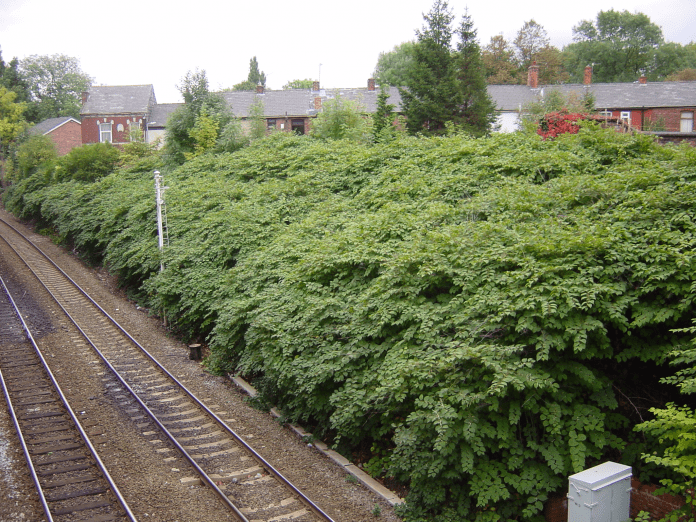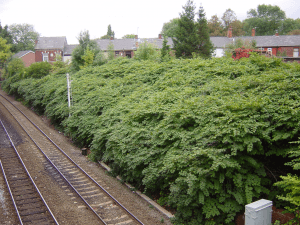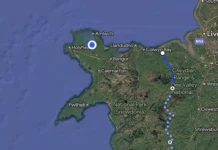
Japanese knotweed will be brought under control by 2040
Turnover of property and strict rules imposed by mortgage lenders will mean most cases are professionally treated within 22 years.
05 February 2019: Strict lending criteria applied to residential properties affected by invasive Japanese knotweed will help bring the problem under control within 22 years, if the turnover of property being sold remains at around 4.5%, according to new research by Environet UK.
Mortgage lenders will only offer loans on properties affected by knotweed if a professional treatment plan is in place with an Insurance Backed Guarantee lasting five or ten years. This ensures that if the knotweed returns after the treatment has been completed, further treatment is guaranteed to take place to ensure the property and loan are protected.

Even if a property is bought without a mortgage, it is a legal requirement that the seller discloses if knotweed is present, when completing the Law Society’s TA6 Conveyancing Form. If they are unaware or fail to disclose, there is an additional safety net in the form of surveyors, who should recognise knotweed during a survey, prompting a treatment plan to be put in place in order for the sale to proceed.
The latest UK household data from the ONS, shows that there are currently 27.2 million households in the UK, with an average 4.5% annual turnover of property according to the latest property transaction data from HMRC. In other words, approximately 1,224,000 UK homes are sold every year, meaning those sellers affected by knotweed will be forced to tackle the problem. This will bring Japanese knotweed affecting UK homes under control within 22 years, or by 2040.
Nic Seal, Founder and MD of Environet said:
“The problem of Japanese knotweed has only been confronted by lenders in the last decade, meaning that firms are currently still dealing with a huge backlog of affected properties. However, the normal churn of around 4.5% of UK properties coming to market every year, means that by 2040, the vast majority of UK housing stock will have been sold at least once and any knotweed infestations should have been tackled.
“While new cases of knotweed will of course arise in that time, and knotweed will continue to encroach on our homes from public land, railways and road sides, the rapid spread of the weed across the UK will be under control by that point.”
Japanese knotweed is the UK’s most invasive and destructive plant, costing UK homeowners and businesses around £166 million every year in treatment costs and devaluation of property. A Parliamentary Inquiry is currently underway by the Science and Technology Committee, to investigate the impact of Japanese knotweed on the built environment and whether current mortgage lending decisions are based on sound scientific evidence. The Inquiry is expected to publish its findings in early 2019.
Help keep news FREE for our readers
Supporting your local community newspaper/online news outlet is crucial now more than ever. If you believe in independent journalism, then consider making a valuable contribution by making a one-time or monthly donation. We operate in rural areas where providing unbiased news can be challenging. Read More About Supporting The West Wales Chronicle

























